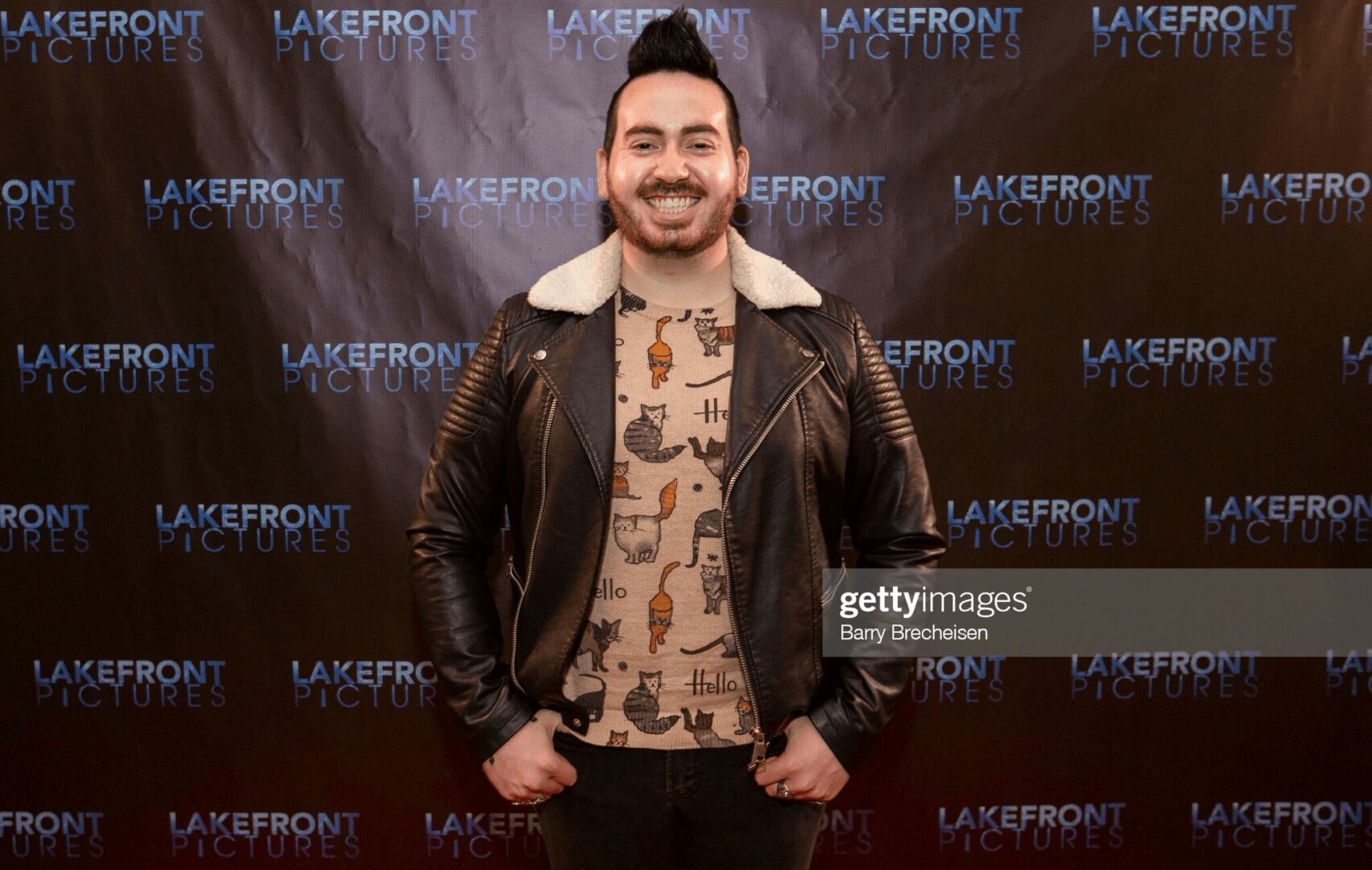We recently had the chance to connect with Noah Way and have shared our conversation below.
Noah, so good to connect and we’re excited to share your story and insights with our audience. There’s a ton to learn from your story, but let’s start with a warm up before we get into the heart of the interview. What is something outside of work that is bringing you joy lately?
Having fun. I think the belief system which I was raised in looked down upon “fun” as something hedonistic and preferred to encourage, at times, unjustified altruism. You weren’t allowed to enjoy certain things, watch certain movies, listen to entire genres of music, hang out with specific groups of people, or enjoy yourself too much as it somehow was immoral or translated to a gross self-indulgence. I was impacted by that ideology for too long and it really sucked the “fun” out of many different experiences, phases of life, coming of ages, rites of passage, culture, art, friends, et cetera.
Therefore, I focused on career aspirations. Perhaps to an unhealthy extent. Which is a strange thing to express, since I often don’t find myself anywhere near where I would like to be, in the grand scheme of things– but in the transition to adulthood, becoming a working artist, and more freedom, I felt like I couldn’t be both fun and productive; like the two would inherently cancel the other out. As if fun or joy was feckless. Part of me felt I had a lot to prove, a lot of climbing still to go, so any smelling of roses was a waste of time. Yet, life is the well the artist draws from, yeah? Allowing myself to have more fun in life has been very rewarding and joyful. Not everything I do anymore needs to be a box to check, a line on the resume, or a rung on the ladder to climb.
Last summer I went on a pontoon for the first time in my life. I went tubing in a lake I couldn’t see my feet in. I’ve been traveling more frequently again, even if it’s not for work. As I get “older”, I find enjoyment and companionship bring a level of enrichment to my life that’s unparalleled. In fact, a big milestone for me recently was being invited to a prominent, Grammy-winning artist’s home earlier this year. I have learned “if you don’t go to this event, you won’t be invited to the next.” But I was in Chicagoland spending some very important time with people I hadn’t seen in a long time. I chose to decline the invitation and instead stay longer in a city I spent 20 years trying to escape, to hang out with loved ones; since in that moment, that’s what was bringing me fulfillment.
It may sound trite or like Hollywood vanity, but for an indie filmmaker, events like this are where I could meet a producer who wants to fund my next film, an actor to work with in the future, or hell–- just meet cool people I’ve only ever seen on television or listened to on the radio. At first, saying “no” felt like consciously putting my own career on the back-burner. But that time spent instead, brought immense happiness– and life is too short. Still wouldn’t change my choice. I like having fun now! Plus, at least this decision for growth was voluntary, unlike when I turned down an opportunity to attend the “Barbie” premier simply because I was too anxious to fly.
Can you briefly introduce yourself and share what makes you or your brand unique?
I usually introduce myself by saying I’m an artist, because it’s like an umbrella term. What I do is not just a vocation to me, it’s a mindset, lifestyle, and ideology. The less pretentious answer is to just say that I’m a filmmaker-– specifically a writer and director. I also do a lot of theater directing as well, which is typically rewarding and scratches an artistic itch that filmmaking doesn’t always do. Earlier this year, I took a long-standing passion project of mine, was fortunate enough to find an executive producer, and developed it into a six-episode limited series. I also recently sold a screenplay to ArtWest Films, which is currently in development-– so I am excited for that in the near future.
Thanks for sharing that. Would love to go back in time and hear about how your past might have impacted who you are today. What part of you has served its purpose and must now be released?
Not to be the ouroboros, but my past! The first two decades of my life. The people who I desperately wanted support from, for my artistic endeavors, but ended up being my biggest road blocks. Any screenplay, pilot, stage play, or essay; whether comedy, drama, or in between— not a single one of the pieces I’ve wrote would have ever been produced, or even put on a page, if I didn’t have the experiences I’ve had-– as tumultuous or turbulent as they may have been. It’s been the catalyst for both my work and who I am today, fortunately and unfortunately. It’s a great coping mechanism too.
I recently read that in the brain, the amygdala is responsible for anxiety, depression, OCD, and all the lovely things that sometimes make me crave a lobotomy. Conversely, it’s also the same area responsible for cognition, emotion, and creativity. Almost as if you can’t have one without the other. My sad, angry, scary brain is the same one responsible for my creativity. How beautifully twisted.
The real tightrope act is using the past for creative good, while still not let it take control, make me a product of it, or prevent my peace due to it. Instead, I try to find ways to acknowledge, heal, and let it all serve a purpose through the craft. It’s an everyday journey, one l always work towards. My life shapes my art, my experiences are the colors on my palette; I couldn’t make without them, no doubt. But creating from that is what releases its gravitas in myself.
When did you stop hiding your pain and start using it as power?
Unabashedly, when I made my first feature film. It’s about a try-hard underdog who everyone thinks is off his rocker for wanting to pursue his passion. He does it anyway, despite what others think. I felt like, in a way, I made a campy satire-– even though on the surface it just seems like a movie about a wanna-be roller skater. Those that felt the way I did growing up, might relate to it on a deeper level, while those who don’t just get to see a silly low-budget dramedy, which is cool too. But to take my fears, my hurt, my reputation from those who stifled me, and subvert it into a film that was released on Amazon Prime felt like the first time I used the pain as power. Because after that, what could those people say? I actually did the thing they rolled their eyes at and called a pipe dream. To mild, relative success, of course!
As I essentially mentioned earlier, each project since has been a product of pain becoming power. That has to be a conscious choice, even if it’s only retroactive. My second film took a very personal, traumatic subject in my own life and turned it into a film I’m very proud to have made, that I hope others find solace in. I allowed my first stage play to be about the deep roots of religious trauma, because it was a prominent fixture in my life. Now, not only is it in development to become a film, I unexpectedly received a newfound peace, previously thought impossible, throughout the process. Using myself as thematic material, albeit very human stories, sometimes makes me feel exposed and vulnerable, but in return it becomes incredibly healing.
Now, I know no other way to do it. It’s therapeutic, cathartic, and if someone else may find comfort in it too, it will always feel like a success, regardless of attention or accolades. It’s like Ernest Hemingway said, “Writing is easy, all you have to do is sit at a typewriter and bleed.” I have to disagree with Mr. Hemingway, sometimes it’s not easy. Plus, I write on a Macbook Pro.
Next, maybe we can discuss some of your foundational philosophies and views? What’s a belief or project you’re committed to, no matter how long it takes?
That authentic, “niche” stories about marginalized people, their experiences, and the human-condition are what we all really want to see, because that’s what truly resonates– and that is what will ultimately bring success in this craft. Despite what Hollywood, major studios, or box office numbers perhaps show otherwise. Or at least so it seems in the current zeitgeist.
Before we go, we’d love to hear your thoughts on some longer-run, legacy type questions. When do you feel most at peace?
On a film set, because it feels like that’s where I’m meant to be. Although sets are extremely stressful, but in those short weeks or months, it’s the only thing that matters and my brain gets a rest from thinking about anything else.
In actuality, the most peace I feel is the short length of time between when a project finishes and eventually sees the light of day for others to enjoy, but before the impending “What next?” creeps in. Even if it’s short-lived, it’s the best, most fulfilling reward in the world. Nothing can compare to how you feel when you’re carrying out your life’s purpose.
Contact Info:
- Website: https://linktr.ee/noahway
- Instagram: @itsmenoah
- Twitter: @itsmenoah
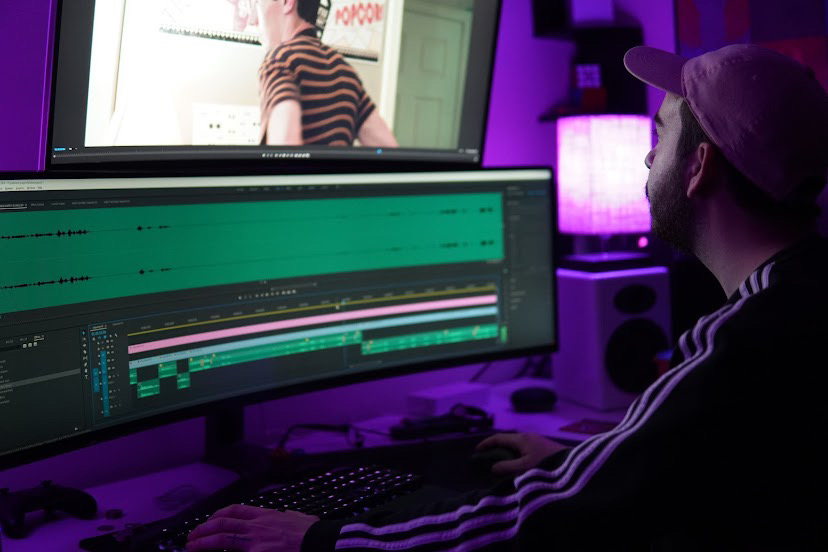
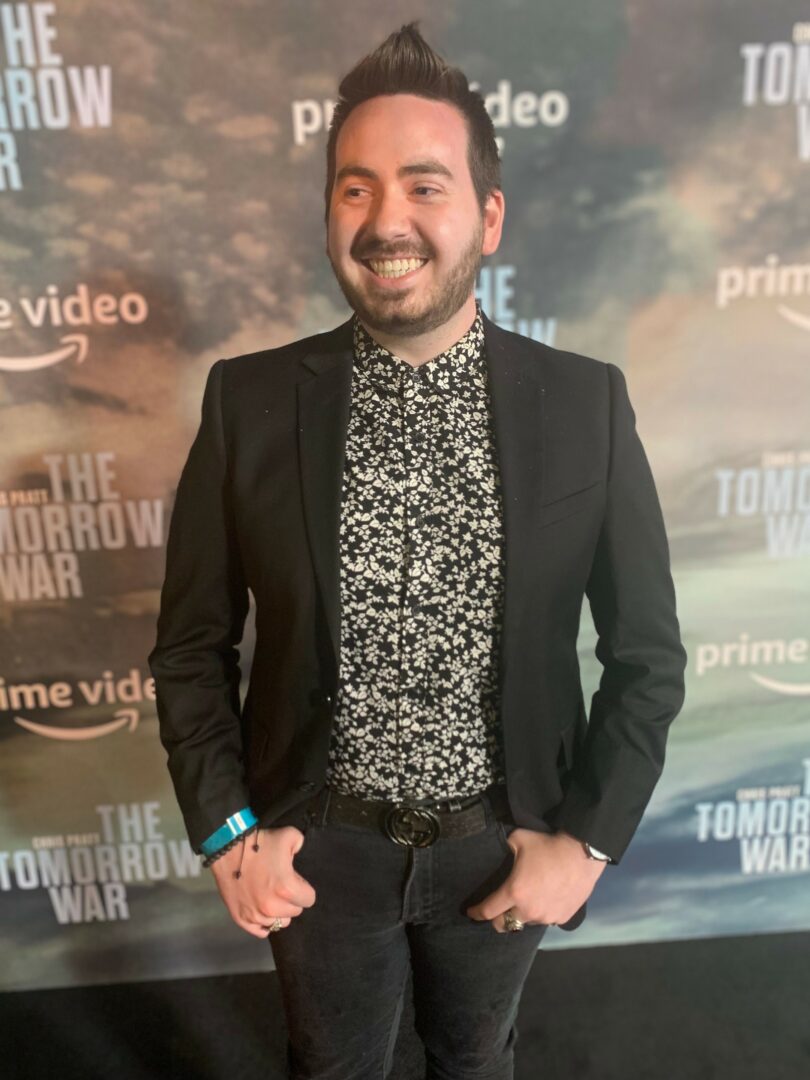
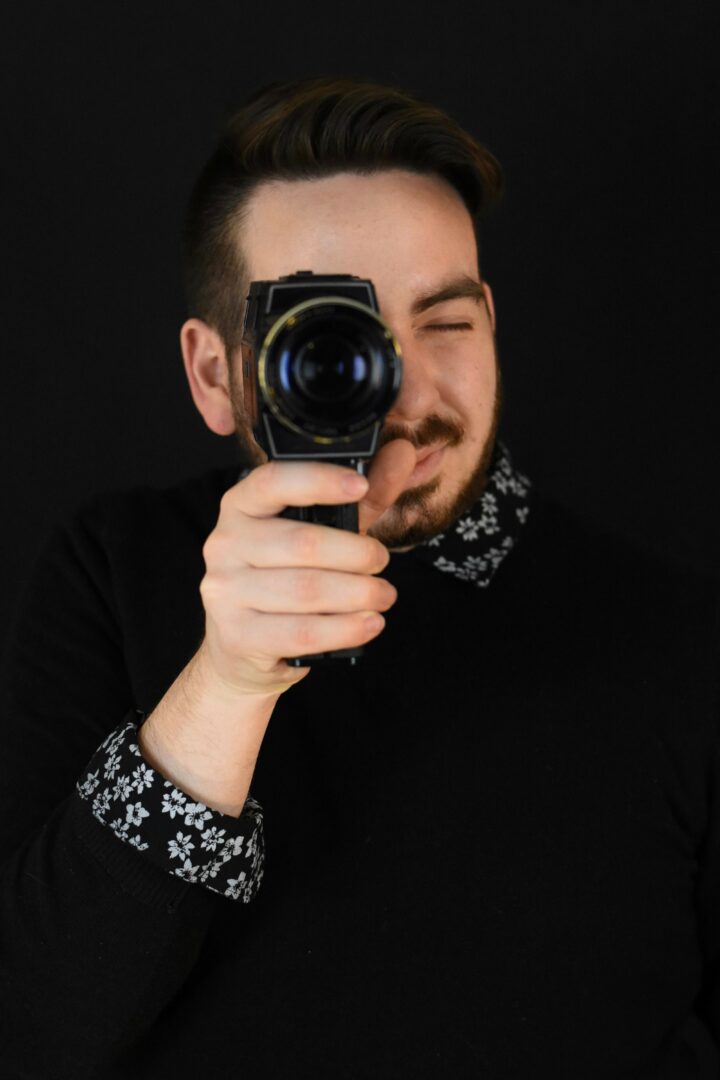
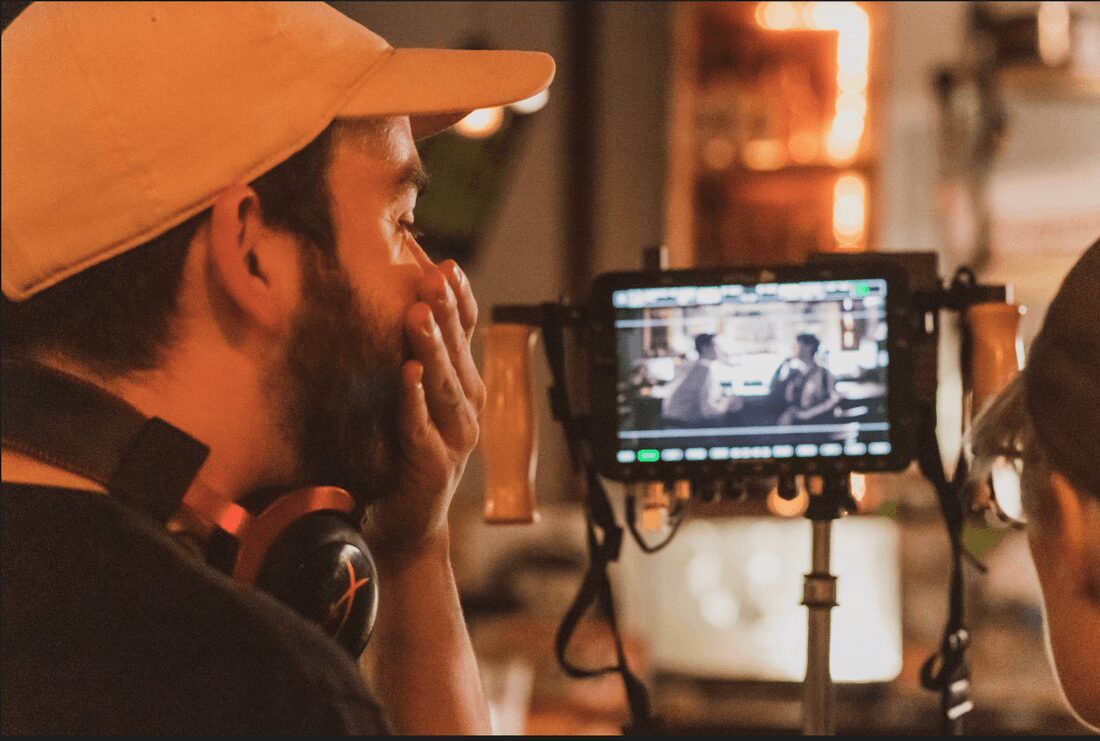
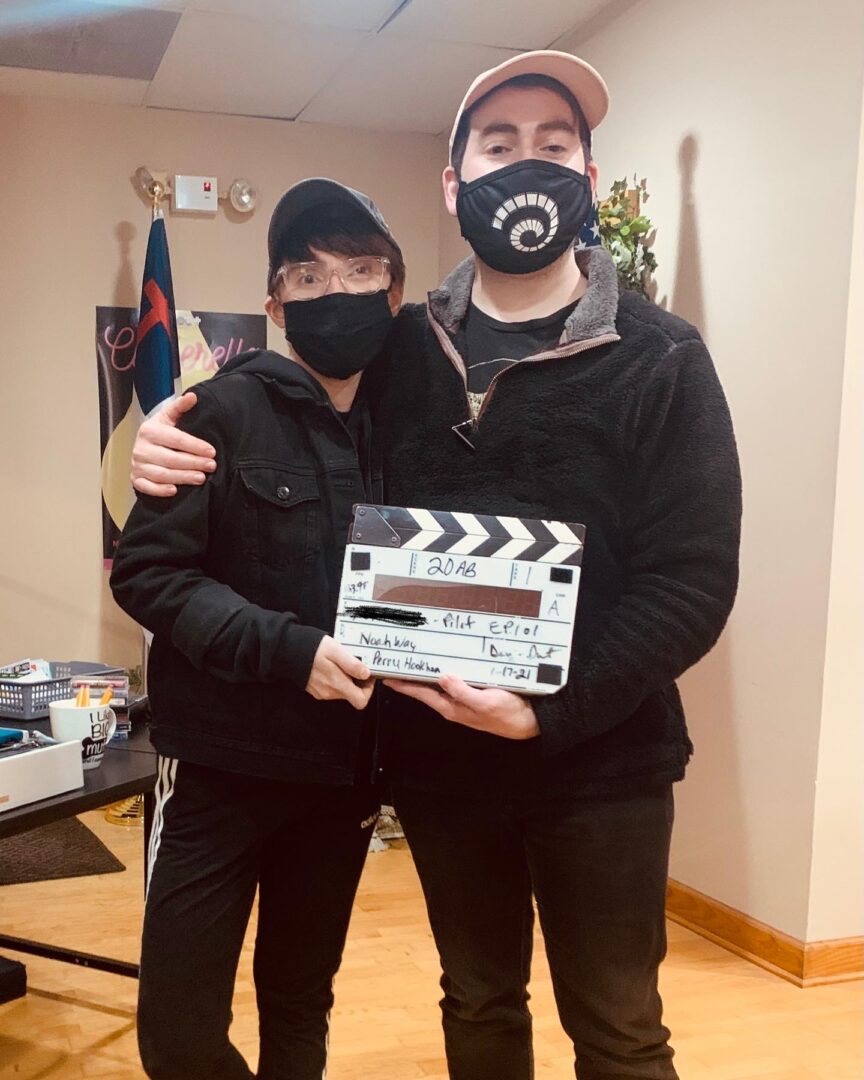
Image Credits
Barry Brecheisen, Amy Nelson
so if you or someone you know deserves recognition please let us know here.

